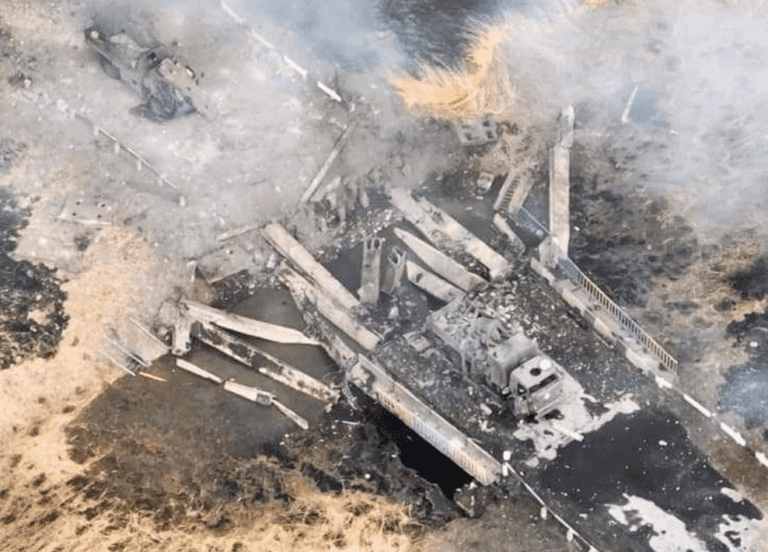As Ukrainian President Volodymyr Zelenskyy and European leaders prepare for talks in the White House, Russia has continued to pound targets including a deadly strike on a residential building in Kharkiv.
Just hours before the talks with US President Donald Trump, the Kharkiv strike killed seven people, including two children, and injured at least 20 others.
“Among the dead are a 1.5-year-old girl and a 16-year-old boy. The youngest injured is just 6 years old,” Kharkiv Mayor Ihor Terekhov said, declaring a citywide day of mourning.
“I opened my eyes and heard these explosions and everything fell on me,” a resident of the building, Anna, told RFE/RL’s Ukrainian Service. “The windows [fell] on my child.”
The city of Zaporizhzhya was also hit by Russian strikes, with at least three reported dead.
“My poor wife, it was her late shift. She was shaking all over,” a resident told RFE/RL. “I can imagine the kind of stress that is. It’s just terrible,” he added.
Russian drones also struck Ukraine’s Odesa region, but no casualties were reported.
Russia conducted the air strikes three days after Trump hosted Russian President Vladimir Putin in Alaska. Trump said “great progress” had been made at the talks towards a peace deal, but that details needed to be resolved.
According to unconfirmed Western media reports, Russia has floated the idea of freezing the front lines in Ukraine’s Zaporizhzhya and Kherson regions in exchange for Ukrainian troops pulling back in the Donbas.
Zelenskyy has ruled out ceding land, a highly sensitive issue in Ukraine.
“Ukraine requires clarity about what was discussed [in Alaska] and what potentially was quietly agreed to, because that zone of uncertainty is very dangerous for Ukraine’s morale,” Ilan Berman, senior vice president at the American Foreign Policy Council, told RFE/RL’s Current Time.
“It’s very dangerous for Ukrainian security, and quite frankly, it’s a source of concern for allies and partners of Ukraine that are still supporting Kyiv’s fight,” added Berman, who is also a member of the Radio Free Europe/Radio Liberty’s board of directors.
Ahead of the August 18 talks, Trump wrote that NATO membership for Ukraine had been ruled out. But Trump’s envoy, Steve Witkoff, said security guarantees could be provided that would be similar to NATO’s mutual defense clause, Article 5.
“NATO membership faces many obstacles, but this is such a serious issue that it could potentially be linked to territorial questions,” Sergei Sanovich, a fellow at the Hoover Institution at Stanford University, told Current Time.
“If this (peace deal) results in simply shifting the Russian border westward without serious security guarantees for Ukraine, it will just be a launching pad for the next invasion, and that invasion could very well happen while Trump is still president,” he added.
The August 18 talks in Washington are set to include Trump, Zelenskyy, NATO chief Mark Rutte, French President Emmanuel Macron, British Prime Minister Keir Starmer, German Chancellor Friedrich Merz, Italian Prime Minister Giorgia Meloni, and Finnish President Alexander Stubb.
Click this link for the original source of this article.
Author: Radio Free Europe/Radio Liberty
This content is courtesy of, and owned and copyrighted by, https://americanmilitarynews.com and its author. This content is made available by use of the public RSS feed offered by the host site and is used for educational purposes only. If you are the author or represent the host site and would like this content removed now and in the future, please contact USSANews.com using the email address in the Contact page found in the website menu.








